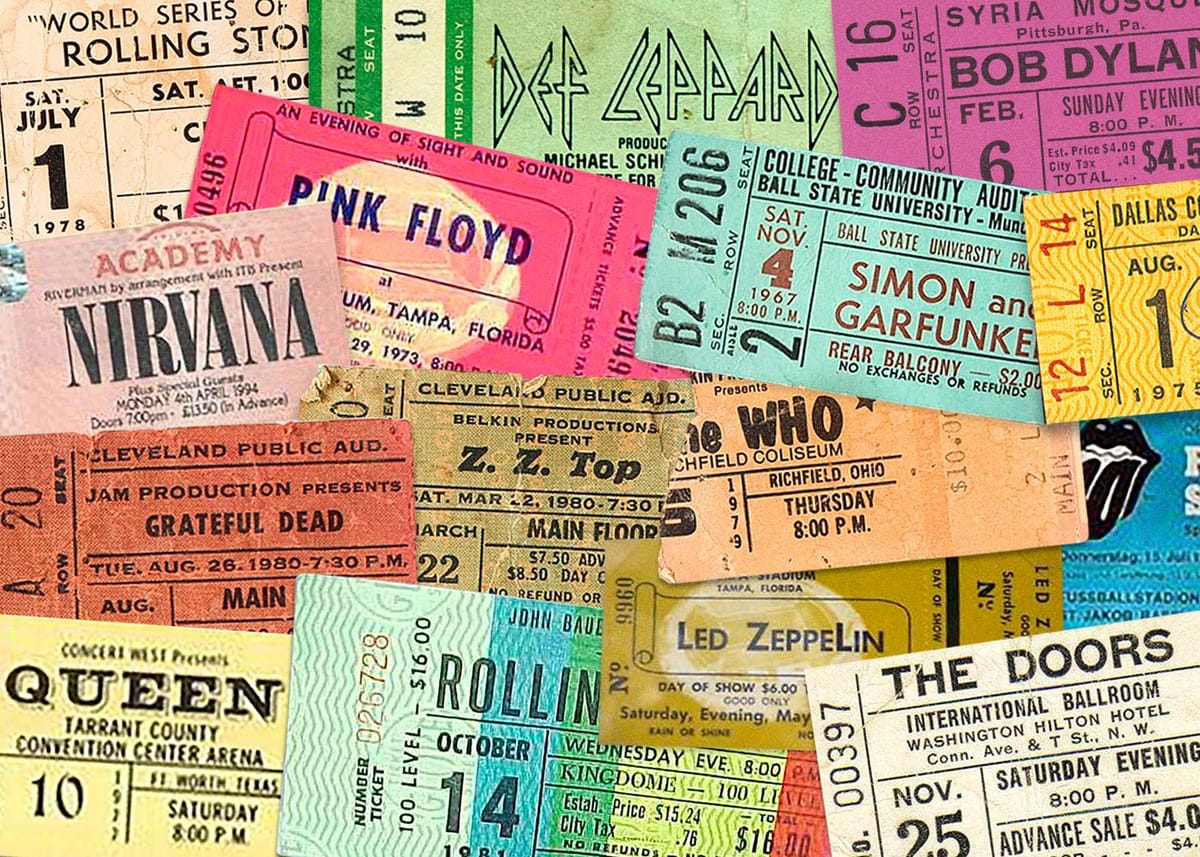The United States House of Representatives has passed the Transparency in Charges for Key Events Ticketing (TICKET) Act, a bill intended to improve consumer protections regarding ticket pricing and fees. Despite failing its first vote in the House, the revised bill passed with landslide bipartisan support, with 409 House members in favor and 15 opposed, with 9 members not voting.
An initial version of the bill was introduced in June of 2023 by Representatives Jan Schakowsky (D-IL) and Gus Bilirakis (R-FL), in an attempt to rectify the growing issues in the events industry. Its proposal came to the attention of President Donald Trump, whose disapproval of its contents led to its failure in the House. However, the latest, revised version found widespread support among both Congress and industry representatives, leading to its passage.
The TICKET Act is designed to improve consumer protections regarding a number of factors that have long hounded the event industry. The bill itself includes sections dedicated to all-inclusive ticket price disclosure, the prohibition of speculative ticketing, and the regulation of deceptive websites.
Simply put, the bill:
- Bans hidden ticket fees, by ensuring that the process of buying tickets must now include an itemized list of every fee.
- Bans scalpers from suggesting they are affiliated with venues and performers, while also banning venues from using their own name in relation to secondary seller websites.
- Requires both primary and secondary sellers to either refund or replace tickets for cancelled events.
- Calls upon the FTC to provide a report on their enforcement of the BOTS Act, which prohibits the sale of any tickets obtained through the use of bots.
Despite how good this all may sound for consumers looking for a break from the expensive annoyances found when purchasing tickets, there is already outspoken opposition to certain language found within the bill. Specifically, representatives from the National Independent Talent Organization, a non-profit advocacy group for independent artists, have expressed concerns over potential loopholes, and just how far the bill actually goes to protect people from deceptive pricing schemes and bots.
The potential loophole in the bill permits “services” surrounding future ticket sales – that is to say, events that do not yet exist, but may eventually happen, particularly those that may be considered highly in-demand. A company may save seats for ticket buyers, in a practice that allows them to circumvent many of the new legal requirements on pricing transparency, as laid out in the rest of the bill. These concierge services (such as those offered by companies like Vivid Seats) are a key concern, which according to a statement from NITO, may undermine the whole purpose of the bill’s speculative ticket ban:
“The Ticket Act that just passed the House does not do nearly enough to protect fans and consumers against bad actors [...] Vivid Seats spec ticket ‘seat saver; program is still 100% legal. All-In pricing without itemization means fans won’t know the price the artist sets. Bots will continue to run rampant without stronger enforcement mechanisms.”
The bill now faces one final vote in the Senate before it’s off to the President’s desk. The full text of House Resolution 3950 can be found on the official website of the United States Congress. You can also find your own Congress member’s vote here, via the Congressional Record.




What do you think?
Show comments / Leave a comment